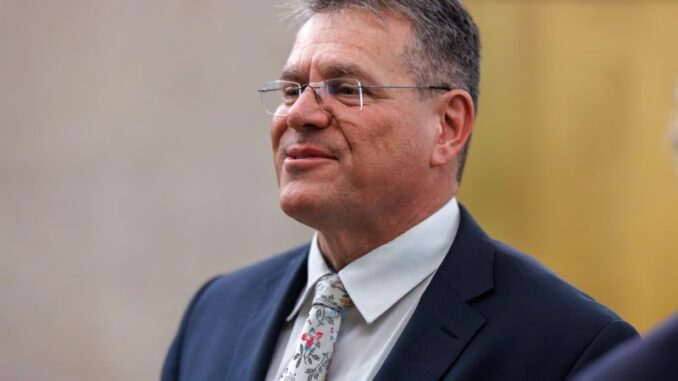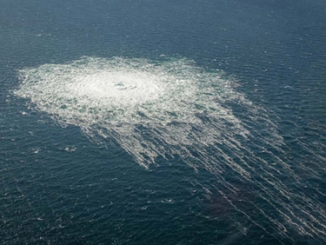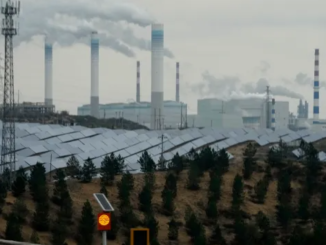
Global suppliers of natural gas have shown significant interest in the EU’s aggregated demand for natural gas, with suppliers’ offers outstripping the bloc’s demand by three times – a heartening result for the bundling scheme proposed following the energy crisis.
One of the EU’s responses to the energy crisis of 2022 was a platform to bundle EU natural gas demand – the more buyers bundle their demand, the better their negotiation position, in theory. The scheme, known as AggregateEU, has since been made permanent.
On 22 February, 19 companies registered demand for 34 billion cubic metres (bcm) of gas. By Wednesday (28 February), suppliers had offered a whopping 97.4 bcm to the platform – double the maximum annual throughput of the defunct Nord Stream 1 pipeline.
Companies who demand gas, and those who made offers, will now enter into bilateral negotiations, although given the surge in supply, things look promising for European companies.
“The bids surpass the collective demand – in fact they are almost three times the level,” cheered Maroš Šefčovič, European Commission Vice-President who championed the scheme, on Wednesday.
Of the bids on the demand side, 15 bcm are for liquefied natural gas (LNG) while another 18.3 bcm are for delivery via pipeline. Once struck, the contracts will run until late 2029, at which time they will need to be renegotiated.
The AggregateEU scheme will continue to operate past the energy crisis on a voluntary basis – independent of this, a small share of gas stored in Europe has to be purchased via the mechanism.
Gas undertakings in the EU and those “established in Energy Community countries [located in the Western Balkans] may participate in the mechanism as purchasers, while supplies from Russia or Belarus are excluded,” EU countries said in December 2023.



